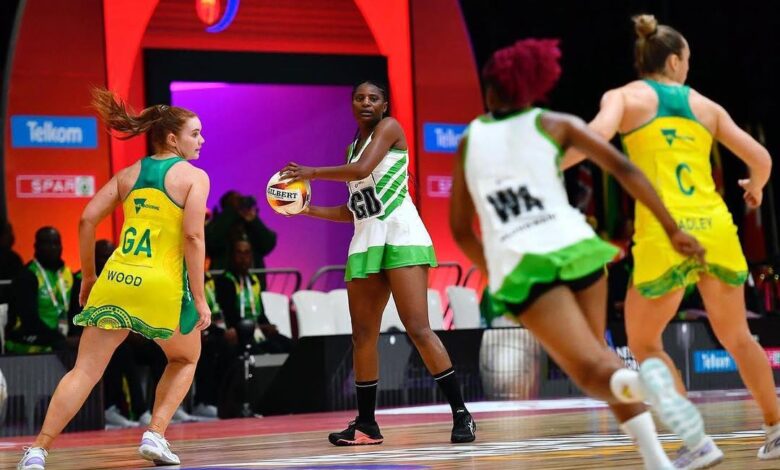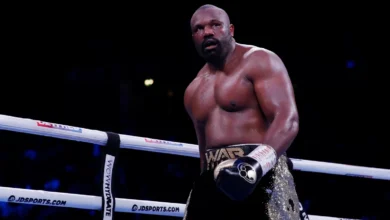Breaking Barriers: Zimbabwean Women Redefine the Nation’s Sporting Legacy

For generations, the roar of the crowd in Zimbabwe’s sporting arenas has echoed primarily with male voices. Football, cricket, and rugby have long been seen as the domain of men, with the spotlight rarely shifting from their triumphs. But today, a powerful and dynamic wave of Zimbabwean women is rewriting that narrative—stepping boldly onto fields and into arenas once considered off-limits, proving that passion, perseverance, and purpose can shatter even the most entrenched gender norms.
At the forefront of this revolution is the iconic Kirsty Coventry. With a decorated swimming career that includes seven Olympic medals—five of them gold—Coventry has not only secured her place in history as one of the greatest athletes Zimbabwe has ever produced, but she has also emerged as a leading global sports figure. Now serving as the President of the International Olympic Committee, she is wielding her influence to advocate for gender equality and athlete welfare on a global scale.
“I believe that through our collective efforts, we can create an inclusive and fair environment in sports, where everyone, regardless of gender, has the opportunity to thrive,” Coventry affirmed. Her legacy is no longer confined to the pool; it is now woven into the very fabric of international sports governance.
In the world of boxing, Nomsa Sibanda has made history as Zimbabwe’s first female boxer to clinch a continental title. Rising from the resilient streets of Mbare in Harare, Sibanda’s journey has been marked by grit and defiance of societal expectations. In a sport traditionally dominated by men, she has forged a path of her own, inspiring young girls across the nation.
“I had to fight not just my opponents in the ring, but also societal expectations that said boxing was not for women,” Sibanda said. “But I knew I had to keep going to show young girls that anything is possible if you have the heart for it.” Her punches are not only powerful—they’re transformative.
Felistas Kwangwa has been a pivotal figure in the rise of netball in Zimbabwe. As a standout leader of the national team, her skill and leadership on the court have helped elevate the sport’s profile both locally and internationally. Beyond her athletic prowess, Kwangwa is a dedicated mentor to the next generation of athletes.
“Netball has given me a platform to lead and to encourage others,” she shared. “When I step onto the court, I know I am not just representing myself but every young girl who dreams of playing at this level and making her mark.” Her legacy is one of both inspiration and action.
Rugby, often considered one of the last male-dominated strongholds, is witnessing a breakthrough in the form of Skumbuzo Muchenje. One of the few Zimbabwean women playing rugby professionally, Muchenje is a powerful symbol of resilience and determination.
“Rugby is still a relatively new sport for women in Zimbabwe, but every match I play is a step toward changing the perception of what women can do in sports,” she stated. Muchenje’s presence on the field is a testament to strength that transcends gender.
On the track, Ashley Kamangira is blazing trails in the hurdles event, combining athletic excellence with an unwavering commitment to gender equality in sport. Her swift ascent in international athletics has positioned her as a role model for young girls dreaming of competitive success.
“When I compete, I am not just racing against others, I am racing for every young girl who thinks sports aren’t for them,” Kamangira explained. “I want to show them that with hard work, unwavering belief, and the courage to defy expectations, anything is truly possible.”
Together, these women are not just excelling in their respective disciplines—they are reshaping the very landscape of Zimbabwean sports. Their collective achievements are powerful reminders that talent, determination, and vision know no gender. As they continue to rise, they are lighting the path for a future where sports in Zimbabwe are defined not by tradition, but by inclusion, equity, and limitless potential.




